Keywords: Employment Services
-

AUSTRALIA
- Kerry Murphy
- 08 December 2023
4 Comments
On 8 November, the High Court ordered a stateless Rohingya refugee known only as NZYQ to be released from detention. He could not be granted a visa because he was found gulity of sexually assaulting a minor, and he could not be sent anywhere because he is stateless. Until 8 November, he was stuck in indefinite mandatory detention.
READ MORE
-
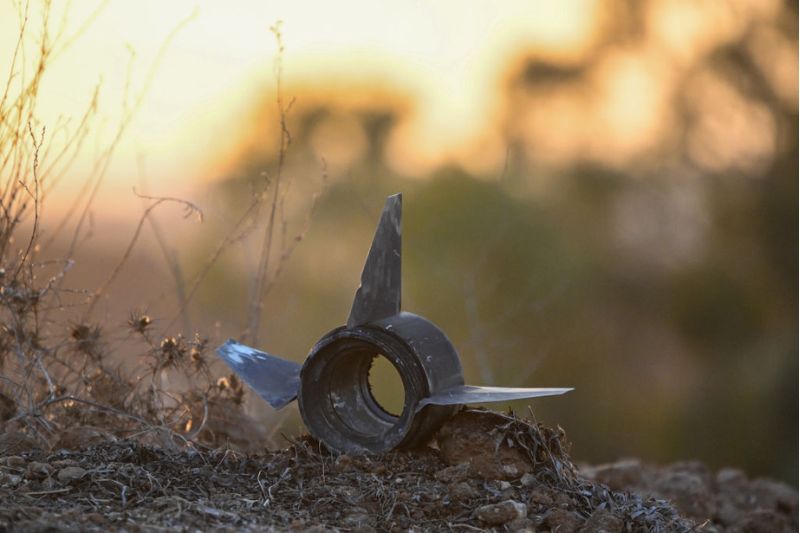
INTERNATIONAL
- Andrew Hamilton
- 26 October 2023
3 Comments
Amid escalating conflict between Israel and Hamas, the focus should turn to the mounting stockpile of advanced arms. In our bid to secure a world worth living through weapons, we may annihilate it. Disarmament may seem utopian, but the real madness lies in an unchecked arms race.
READ MORE
-

AUSTRALIA
- Adrian Rosenfeldt
- 29 September 2023
12 Comments
Amid the rise of 'no religion' among young Australians, there is a nuanced narrative of spirituality with demonstrated potential to alleviate some mental health concerns. With a prominent strain of individualism pervading today's culture, might revisiting spiritual connectedness provide young people with a needed respite?
READ MORE
-

AUSTRALIA
- Peter Mares
- 21 September 2023
2 Comments
Will the Housing Australia Future Fund make a dent on Australia’s housing crisis? After a political tug-of-war, the government's ambitious $10 billion Housing Australia Future Fund (HAFF) has passed parliament, promising tens of thousands of new homes. But with over 170,000 households on social housing waiting lists and a skyrocketing rental market, the question remains: is the HAFF enough?
READ MORE
-
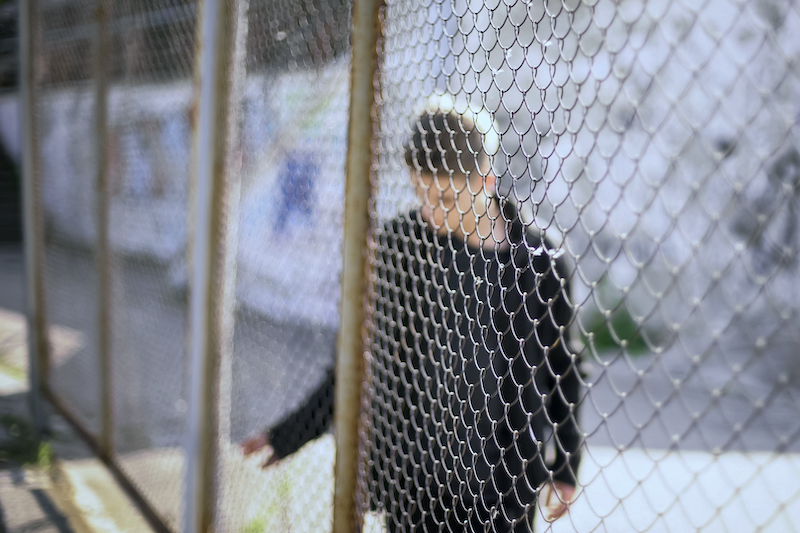
AUSTRALIA
- Andrew Hamilton
- 07 September 2023
4 Comments
On the face of it, the decision of the Queensland Government to pass an amendment to permit holding children in police cells was a desperate and discrediting action. Underneath it, however, was a complex coming together of events, prejudices and attitudes.
READ MORE
-
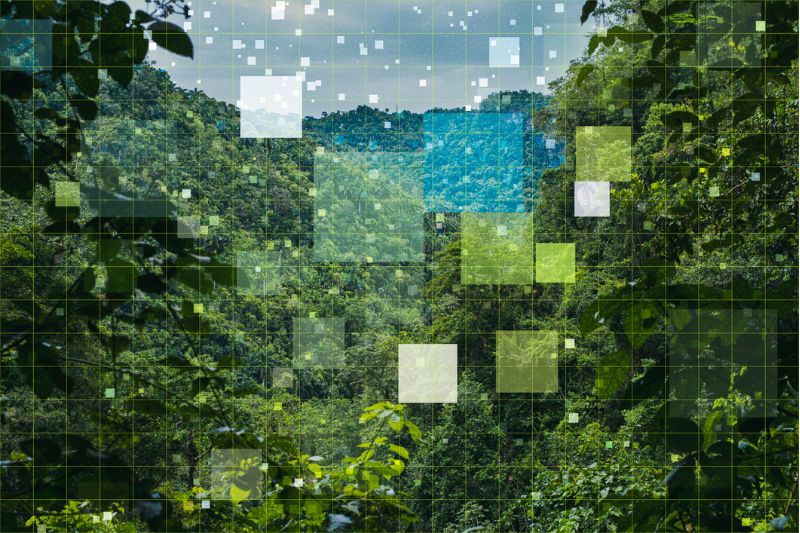
FAITH DOING JUSTICE
- Andrew Hamilton
- 31 August 2023
3 Comments
The immediacy of the climate crisis and the paradigm shift ushered in by Artificial Intelligence are reshaping our world, leaving the marginalised bearing the brunt. As technological advancements raise complex ethical questions, what does it mean to be socially accountable in an age where the lines between reality and illusion grow ever thinner?
READ MORE
-

AUSTRALIA
- Andrew Hamilton
- 20 July 2023
1 Comment
A Supreme Court judge in Western Australia has banned solitary confinement at Banksia Detention Centre, shining a light on the controversial practices within the nation's juvenile justice centres. Yet, public response remains muted despite the troubling revelations, raising concerns about systemic failures, the need for empathy and societal responsibility towards our youth.
READ MORE
-

AUSTRALIA
Amid Australia's unprecedented housing crisis, there's an urgent need for increases in social housing. However, political wrangling hampers the progress of crucial legislation. With 640,000+ Australians facing housing stress, advocates stress the need for immediate action as a starting point towards comprehensive reform that treats housing as a basic human right.
READ MORE
-
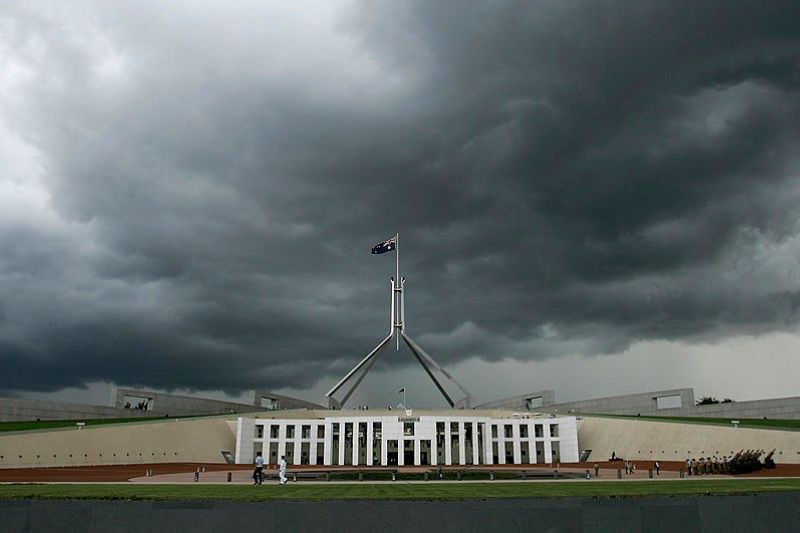
AUSTRALIA
- James Massola
- 14 July 2023
5 Comments
Catherine Holmes' Royal Commission report exposes the staggering mismanagement and human cost of Australia's Robodebt scandal. The scheme burdened over 500,000 Australians with non-existent debts and is linked to at least three suicides. This report unravels the culture behind the disaster and the potential repercussions ahead.
READ MORE
-
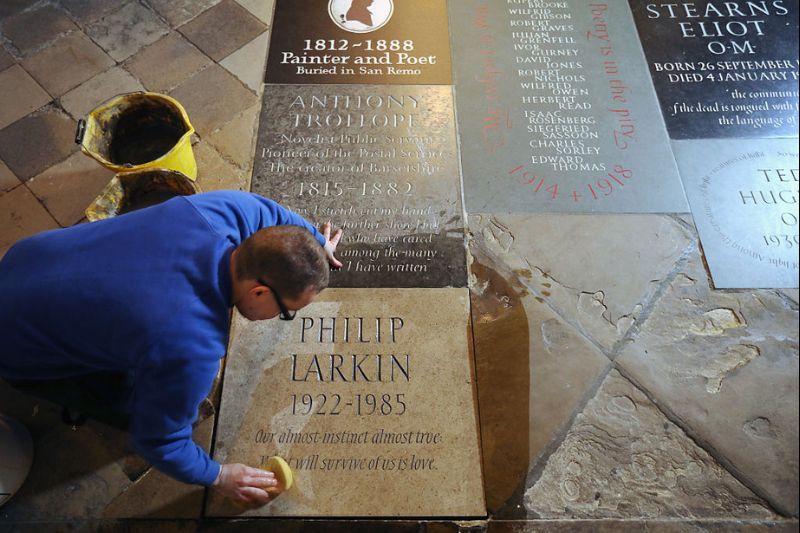
ARTS AND CULTURE
- Andrew Hamilton
- 06 July 2023
3 Comments
Can Artificial Intelligence write good poetry? While AI has vast linguistic resources to mimic human poets and creating compelling verse, there remains a distinction between competence and true poetic brilliance, mirroring the broader debate around our relationship with AI, and the very essence of human creativity.
READ MORE
-
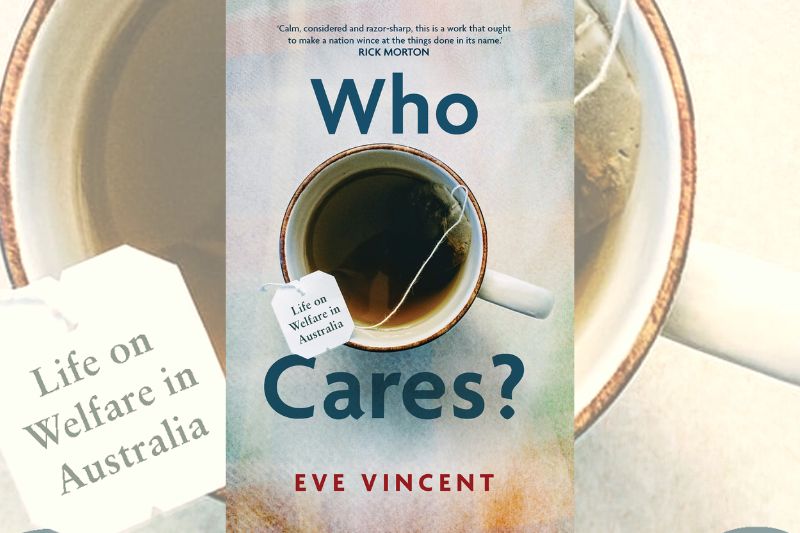
AUSTRALIA
Dr. Eve Vincent's book, 'Who Cares? Life on Welfare in Australia', provides an in-depth exploration of the intricate dance between power, control, and social policy, unearthing unsettling truths about our society's inherent power structures. This discourse further underscores the urgent need for a radical reimagining of our socio-economic systems.
READ MORE
-

RELIGION
- Michael McVeigh
- 09 June 2023
5 Comments
Known for incisive insights into societal issues like fundamentalism, loneliness, and abuse, theologian and cultural anthropologist Fr Gerald Arbuckle is now examining the rise of conspiracy theories. In conversation with Michael McVeigh, Arbuckle discusses his work, cultural anthropology, and the impact of 'cultural trauma'.
READ MORE 